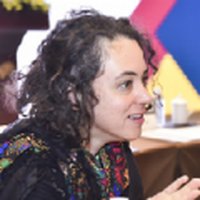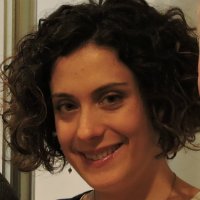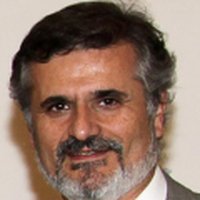Tourism Management at UNESCO World Heritage Sites (vol. 2)
- Duration: 30 weeks
- Effort: 4 hours
- Pace: ~10 minutes/week
- Languages: French
Description
The first volume of the MOOC “Tourism Management at UNESCO World Heritage Sites” was published on FUN MOOC back in January 2018. It attracted the attention of more than 6’500 learners from 166 countries and provided insights into UNESCO’s principles and doctrines, Communication Technologies, Economy, Management and Planning, and more.
Thanks to its success, the UNESCO-UNITWIN Network “Culture, Tourism, and Development” has decided to launch a brand new second volume of the MOOC, with six new chapters (see “Course Schedule”).
This second volume is designed and run by an international network of universities: highly profiled researchers and professors share their knowledge with you in an accessible way on tourism at UNESCO World Heritage Sites.
Tailored to policy makers, site managers, students and people active in the tourism industry, this new volume provides an introduction to tourism at UNESCO World Heritage Sites: focus of the course are heritage communication, management and marketing.
Format
The course consists of six chapters, released one per week. During each chapter, learners will be able to gain knowledge about different aspects of Tourism Management at UNESCO World Heritage Sites thanks to ad-hoc documents and videos produced by members of an international network of prominent universities.
Participants will also have the opportunity to assess their understanding and learning progress through quizzes, as well as through various activities, discussions, and peer-to-peer evaluated activities.
During the six weeks, until June 16 2019, the pedagogical team is available to answer questions and give advice to the participants. After June, one can still register to the course, view its content, exchange via the forums with other participants of the MOOC, but without the support from the pedagogical team.
The course remains available with all materials for enrolled students to use until the end of 2019.
The course consists of six chapters, released one per week. During each chapter, learners will be able to gain knowledge about different aspects of Tourism Management at UNESCO World Heritage Sites thanks to ad-hoc documents and videos produced by members of an international network of prominent universities.
Participants will also have the opportunity to assess their understanding and learning progress through quizzes, as well as through various activities, discussions, and peer-to-peer evaluated activities.
During the six weeks, until June 16 2019, the pedagogical team is available to answer questions and give advice to the participants. After June, one can still register to the course, view its content, exchange via the forums with other participants of the MOOC, but without the support from the pedagogical team.
The course remains available with all materials for enrolled students to use until the end of 2019.
Prerequisites
The MOOC is open to everyone wishing to learn more about how tourism works at UNESCO World Heritage Sites. It has, however, a special focus on professional figures such as academics, site managers, state agencies, and other professionals involved in tourism.
It is NOT necessary to have completed the first volume of this MOOC in order to register to the current course. For interested first-time participants, the “Tourism Management at UNESCO World Heritage Sites” MOOC manual, which gathers all chapter documents of the first volume, will be available for download at the start of the course.
Assessment and certification
The assessment process is based on weekly quizzes, where participants can test their knowledge, and peer-reviewed online activities in which to put the newly gained notions into practice. Learners successfully completing the course (with a score of 80% or higher) will then receive a free course completion certificate.
Certificates will be issued every two months from June to December 2019.
Course plan
- Week 1 : Tourism Marketing
- Week 2 : Site Management Systems
- Week 3 : Behavior and Satisfaction on World Heritage Sites
- Week 4 : Historical Memories and Tourism on World Heritage Sites
- Week 5 : Religious Tourism
- Week 6 : Tourism in World Heritage Cities
Course team
Alfredo Conti
Categories
Organizations
License
License for the course content

Attribution-NonCommercial-ShareAlike
You are free to:
- Share — copy and redistribute the material in any medium or format
- Adapt — remix, transform, and build upon the material
Under the following terms:
- Attribution — You must give appropriate credit, provide a link to the license, and indicate if changes were made. You may do so in any reasonable manner, but not in any way that suggests the licensor endorses you or your use.
- NonCommercial — You may not use the material for commercial purposes.
- ShareAlike — If you remix, transform, or build upon the material, you must distribute your contributions under the same license as the original.
License for the content created by course participants

Attribution-NonCommercial-ShareAlike
You are free to:
- Share — copy and redistribute the material in any medium or format
- Adapt — remix, transform, and build upon the material
Under the following terms:
- Attribution — You must give appropriate credit, provide a link to the license, and indicate if changes were made. You may do so in any reasonable manner, but not in any way that suggests the licensor endorses you or your use.
- NonCommercial — You may not use the material for commercial purposes.
- ShareAlike — If you remix, transform, or build upon the material, you must distribute your contributions under the same license as the original.


























